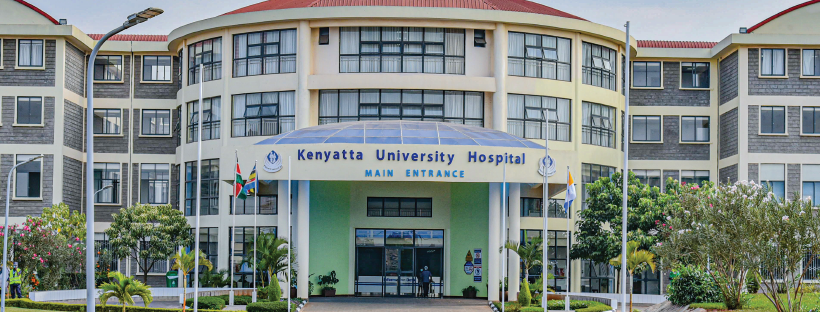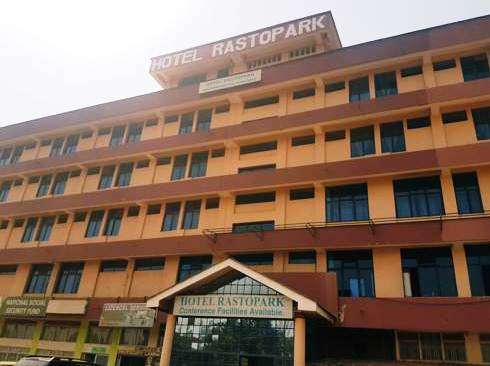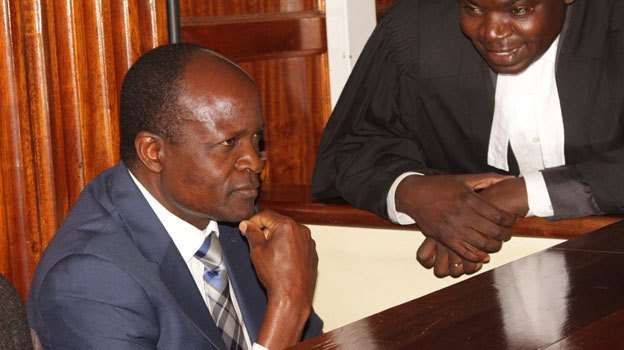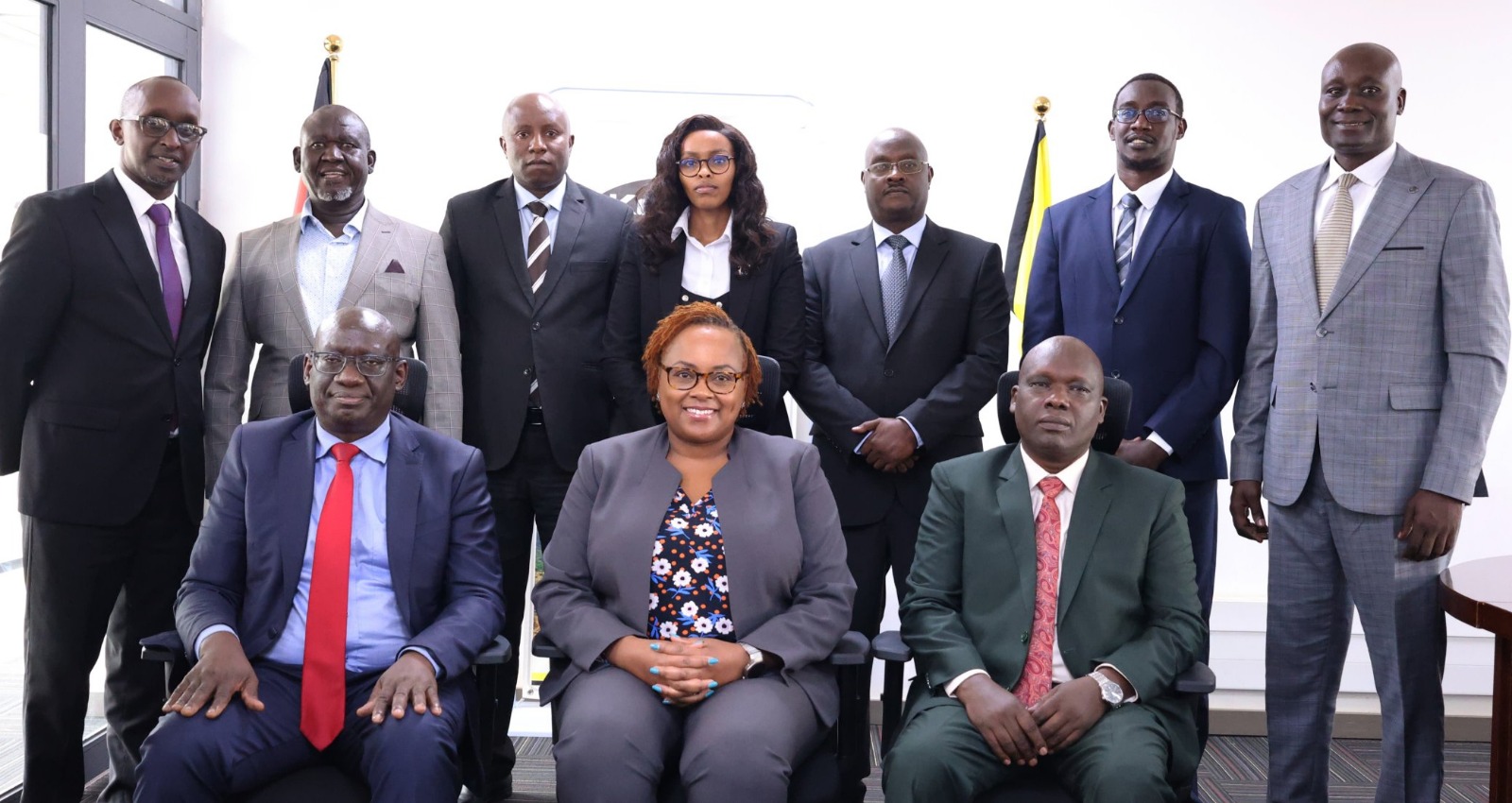In a scathing judgment that exposes the harsh interplay of healthcare, poverty, and human dignity, the High Court in Nairobi has ordered the immediate and unconditional release of the body of the late Roselyn Mukoko Aura, unlawfully detained by Kenyatta University Teaching, Referral and Research Hospital (KUTRRH) over an unpaid medical bill.
Ms Aura was admitted to KUTRRH on 22 February 2025 and tragically passed away during a surgical operation on 11 March 2025. Her medical expenses totaled Kshs. 1,533,502. Despite partial contributions from the Social Health Insurance Fund amounting to Kshs. 952,000 and an additional Kshs. 20,000 raised by the family, the hospital refused to release her remains, citing a balance of Kshs. 561,502.
Her body was subsequently transferred to the Hospital’s Funeral Home, where charges continued to accrue as the hospital demanded full settlement of the outstanding bill before releasing it, effectively holding the deceased’s remains hostage.
The family, unable to raise the remaining amount due to financial hardship, repeatedly made desperate appeals. Letters from the Assistant Chief of Marura Sub-location, the Kenya Medical Practitioners and Dentists Council, and even the local Member of Parliament, Hon. James Mwangi Gakuya, were submitted as evidence of the family’s plight. Yet the hospital remained unmoved.
In a strongly worded ruling dated 23 April 2025, Justice L.N. Mugambi condemned the hospital’s actions, calling them “unlawful” and “devoid of legal justification.” He declared that the deceased’s body was not a merchantable product and that its continued detention served no purpose other than to inflict further psychological, emotional, and spiritual suffering on the bereaved family.
“I thus order that pending the hearing and determination of the Petition, a mandatory injunction is hereby issued compelling the Respondents to immediately and unconditionally release the body of the deceased, Roselyn Mukoko Aura, to the family for burial and final rites,” the judge stated.
The ruling underscores the ethical and moral vacuum at the heart of a system where the inability to pay can prevent grieving families from laying their loved ones to rest. “In the overall analysis, I find no reason whatsoever that may legally justify the continued detention of the body of the deceased,” Justice Mugambi concluded.
Legal experts and human rights advocates have lauded the decision, warning that the growing trend of hospitals detaining corpses over unpaid bills amounts to extortion and is a breach of fundamental human rights.
“This is not merely a legal issue; it is a moral indictment of how we treat the poor in death,” said Esther Njeri, a Nairobi-based human rights lawyer. “To use a corpse as leverage is both inhumane and reprehensible. Hospitals are not debt collection agencies, and death should never be exploited as a bargaining chip.”
The ruling sets a significant precedent in Kenya and will likely prompt renewed scrutiny of healthcare institutions that weaponise poverty and grief for financial gain. For the Aura family, the judgement is a bittersweet victory, hard-won after weeks of bureaucratic coldness, public appeals, and mounting emotional trauma. As Ms Aura’s family prepares to lay her to rest finally, the question lingers: how many more families must suffer such indignities before systemic change takes root?





